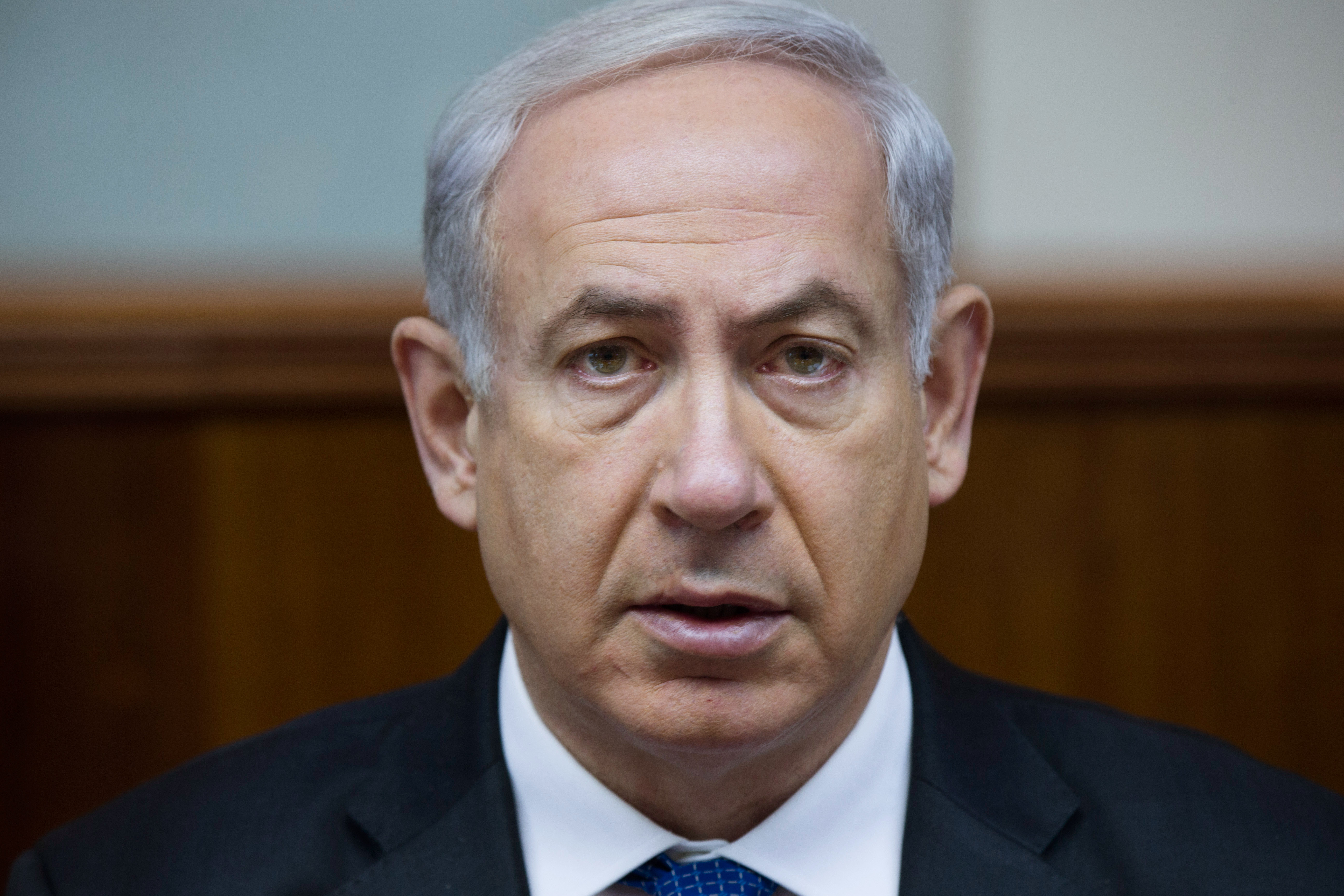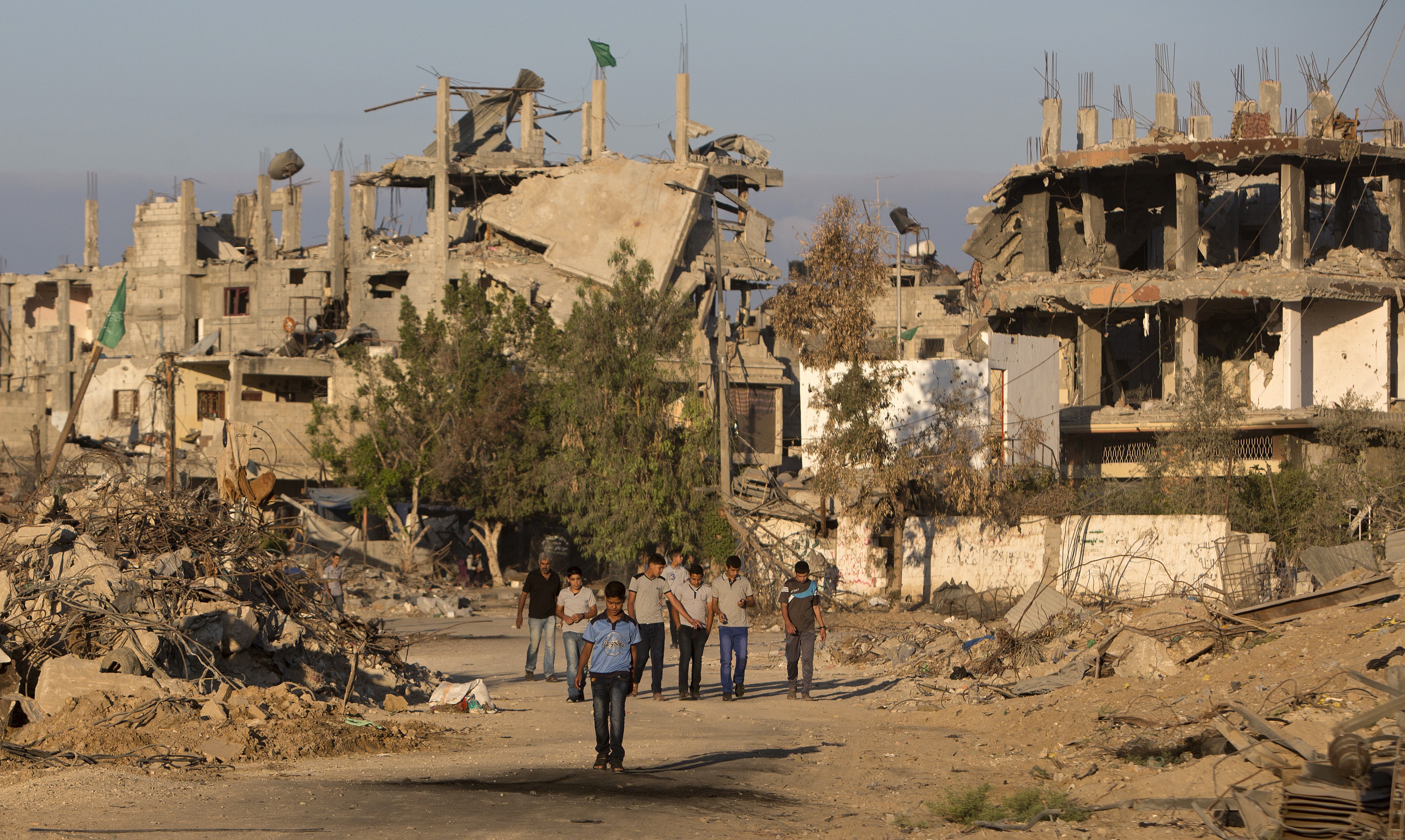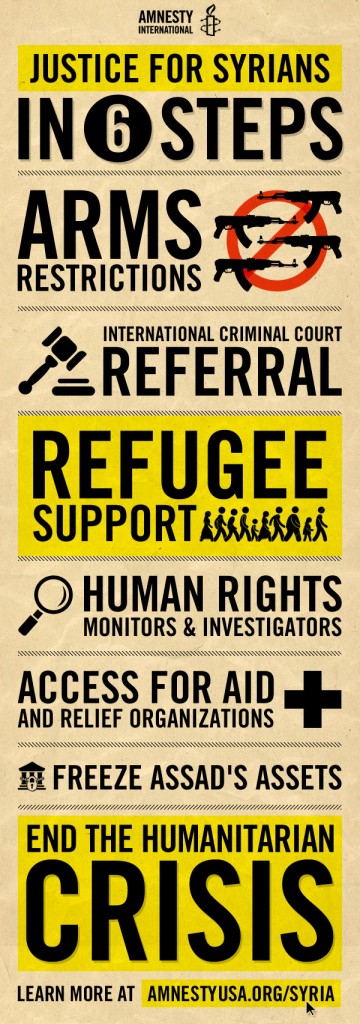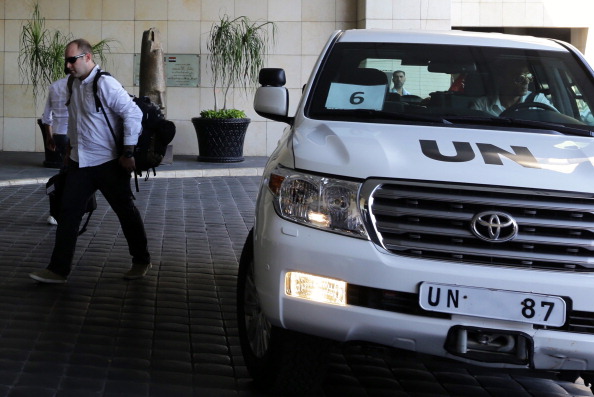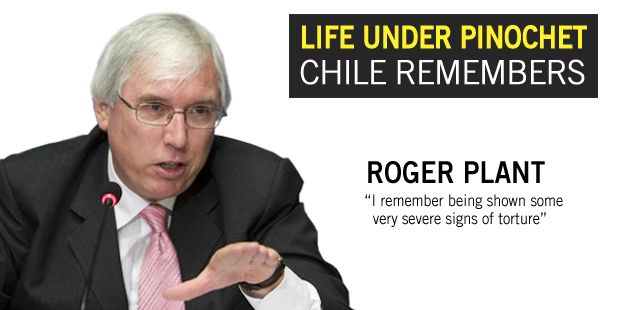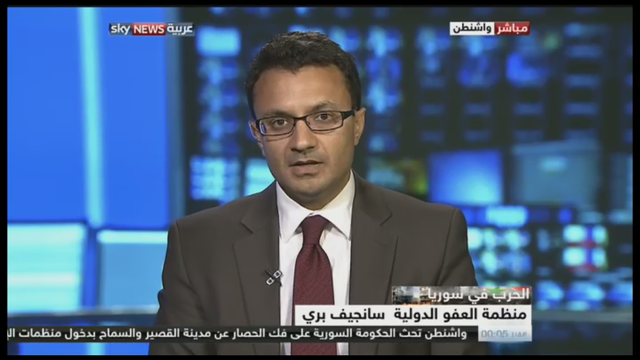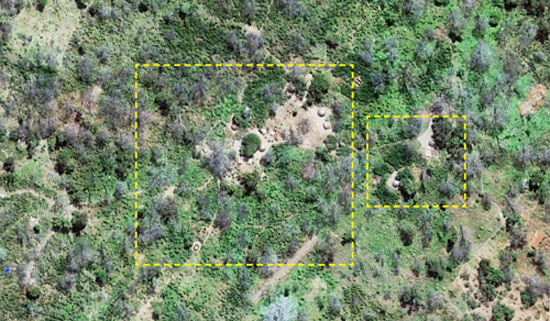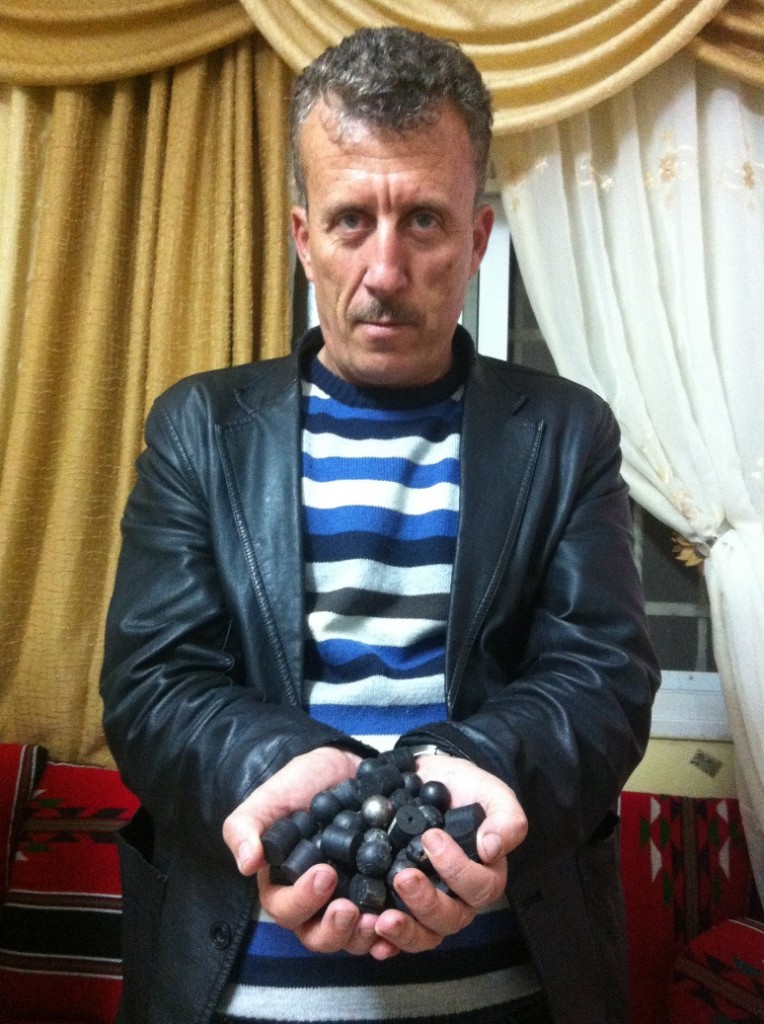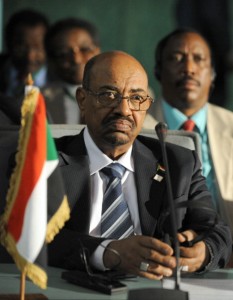
Nigeria’s president defended welcoming Sudan President Omar al-Bashir to an African Union health summit this week despite war crimes charges against him, saying it could not interfere in AU affairs. (Photo Credit: Pius Utomi Ekpei/AFP/Getty Images).
Just as storms overwhelm unattended levees, political strife and armed conflict can overwhelm the system of international law created to ensure we do not repeat the darkest periods of human history. Today marks the 15th anniversary of the adoption of the Rome Statue, which established the International Criminal Court to secure accountability for war crimes, crimes against humanity and genocide. This week also brings continued news of the terrible price paid by civilians as a result of such grievous crimes in Syria, Sudan and elsewhere.
Millions have been victims of these crimes in recent history, yet only very rarely have those responsible been held accountable. In the last two decades, however, progress has been made towards reversing this trend of impunity. With the establishment of the International Criminal Court, a clear message was sent around the world that failure to investigate and prosecute such crimes at the national level will not be tolerated.
Yet, every hopeful step is met with new and compelling challenges. Political alliances sometimes supersede international legal and moral obligations, shielding fugitives such as Omar al-Bashir, the sitting president of Sudan, for example, from appearing before a court of law to answer for their alleged crimes. Impunity for grave crimes robs those victimized of justice, and prevents communities and whole countries from recovering from trauma.
SEE THE REST OF THIS POST
